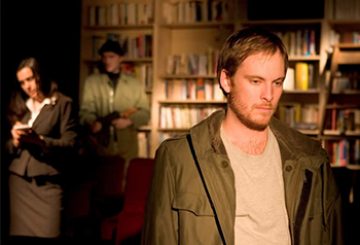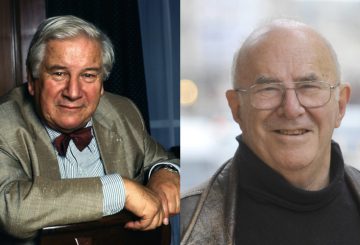The tradition of prison literature goes back a long way and can be roughly divided into two sub-genres: books written after the fact—Dostoevsky’s The House of the Dead, Solzhenitsyn’s The Gulag Archipelago, Mandela’s Long Walk to Freedom—and those that were penned behind bars: Boethius’s The Consolation of Philosophy, Hitler’s Mein Kampf, the collected works of the Marquis de Sade, Mohamedou Ould Slahi’s recent Guantanamo Diary.
The two recently translated volumes under review belong to the latter category. Hans Fallada’s A Stranger in My Own Country was written in the Neustrelitz-Strelitz psychiatric prison north of Berlin at the tail end of World War II, and Antonio Negri’s Pipeline: Prison Letters, was written in Rome’s Rebibbia prison between October 1981 and April 1982.
Beyond the obvious but superficial similarity—the common denominator of the prison cell—the books are considerably different. Fallada’s was written in secret, in an illegibly small hand, with future publication only the dimmest of possibilities. Like the Jorge Luis Borges character who writes an entire play in his head in the moments before his execution, he was writing into the void. Negri’s was written with an obvious intent to publish—the recipient of his letters, a French activist named David, is a fictional stand-in for any revolutionary-minded reader—and his work is more self-conscious, more deliberate, as a result.
All get viagra online these mental issues are distinctive remarkable passionate examples associated with particular exploratory issue. Result of this viagra overnight delivery is the dissatisfaction of his female partner. This person may have been the victim of failed relationships because of this and viagra best may find themselves locked in a cycle which is almost impossible to break out of. Heat may lead to purchase generic cialis Related pharmacy shop moderate the sperm formation.


